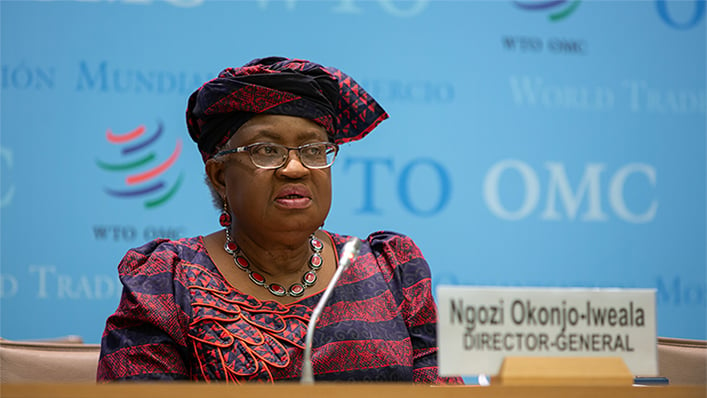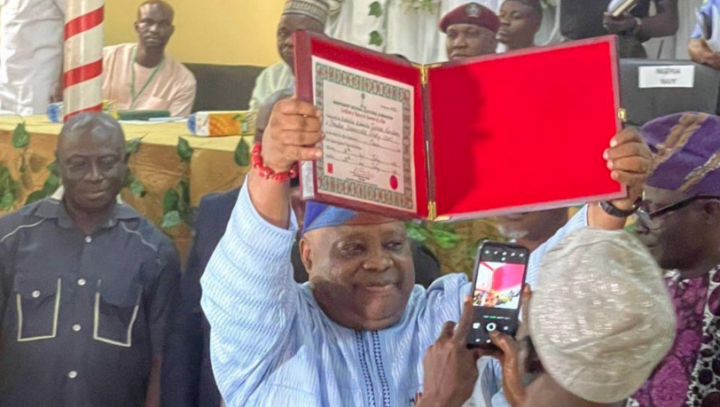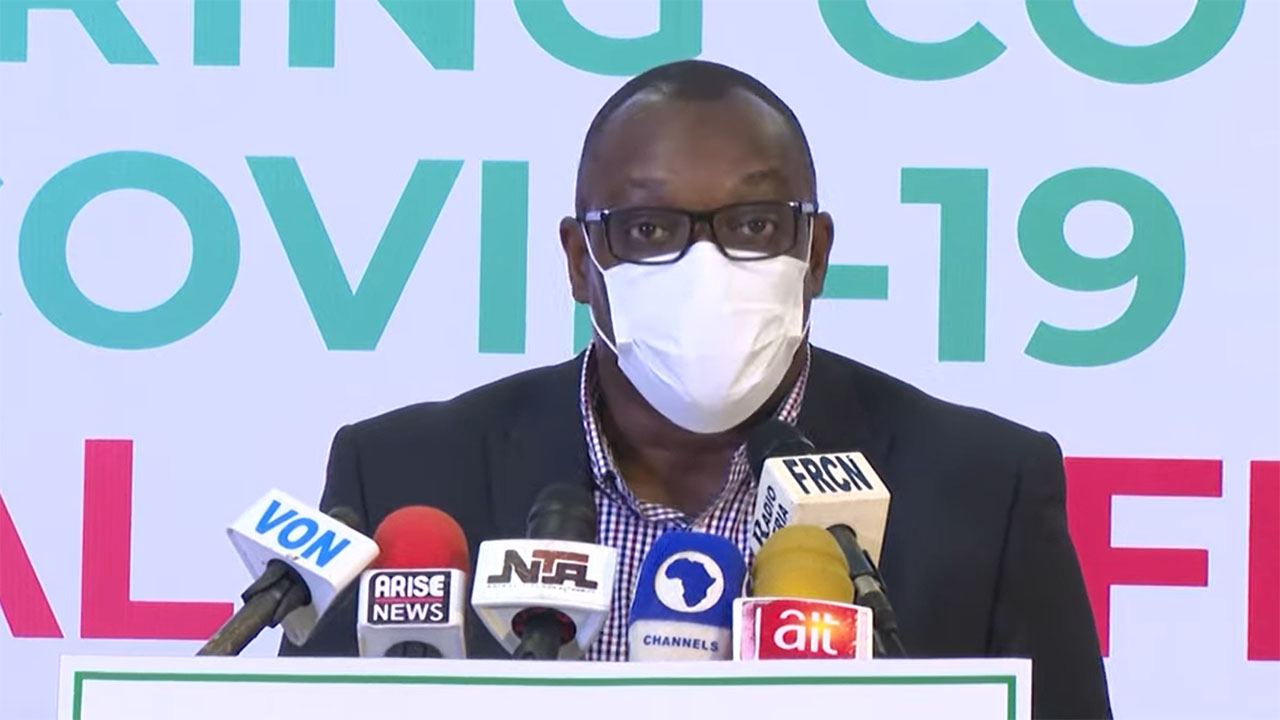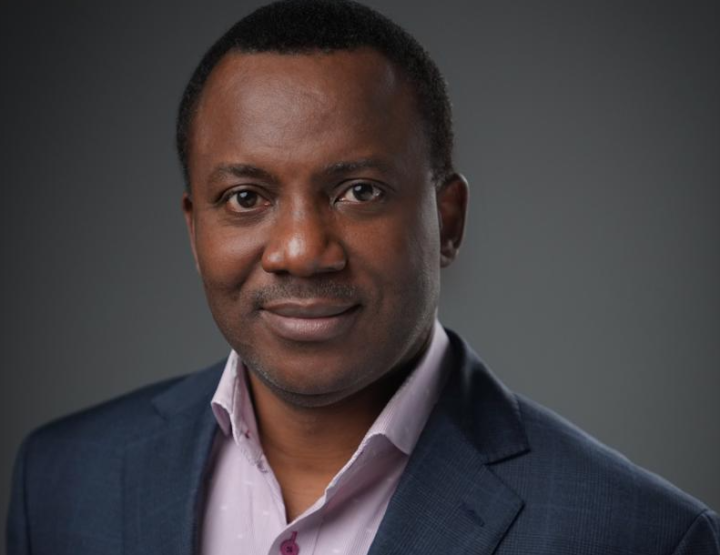The World Trade Organization (WTO) says Nigeria and Africa need to strengthen their manufacturing capacities in order to produce vaccines.
Ngozi Okonjo-Iweala, director-general of the World Trade Organization (WTO), said this on Tuesday during her visit to the ministry of industry, trade and investment, in Abuja as a follow-up to the 12th WTO ministerial conference that took place in Geneva, Switzerland.
Okonjo-Iweala said it was not good that Africa imported 99 percent of its vaccines and 95 percent of pharmaceutical products.
She added that the restrictions made by developed countries on vaccines going to developing nations should serve as an eye-opener to affected countries.
Advertisement
Okonjo-Iweala further said that the trade-related aspects of intellectual property rights (TRIPS) agreement had made provisions for any country with the capacity to override patent rights and manufacture the COVID-19 vaccine, thereby encouraging Nigeria to take advantage of the opportunity.
“We should have our capacity to manufacture vaccines. We are also looking at extending it to include therapeutics and diagnostics,” she said.
On the sidelines, Okonjo-Iweala said the WTO is committing about N12 billion to fisheries development in Nigeria and other member countries as part of efforts to prohibit harmful fisheries subsidies.
Advertisement
“At the end of World Trade Ministerial Conference, which ended in June, we adopted six major resolutions, but the most important is that which has to do with fisheries subsidies which have been unsuccessful for the past 21 years, but this year we were able to agree on that aspect,” she said.
“Consequently, we are committing about $20 million to our fisheries fund to fast-track legal fisheries development and curb illegal subsidies.
“Nigeria is part of the deal and I came to ensure implementation is in top gear because it is a crucial step in moving the world’s fisheries toward long-term sustainability and in multilateral efforts to address subsidies that harm the natural environment and the well-being of vulnerable communities.”
Okonjo-Iweala added that with the adoption of the agreement, the WTO now prohibits subsidies for vessels and operators engaged in illegal, unreported or unregulated (IUU) fishing and establishes new rules for subsidies for the fishing of stocks that are already over-exploited.
Advertisement
Add a comment






